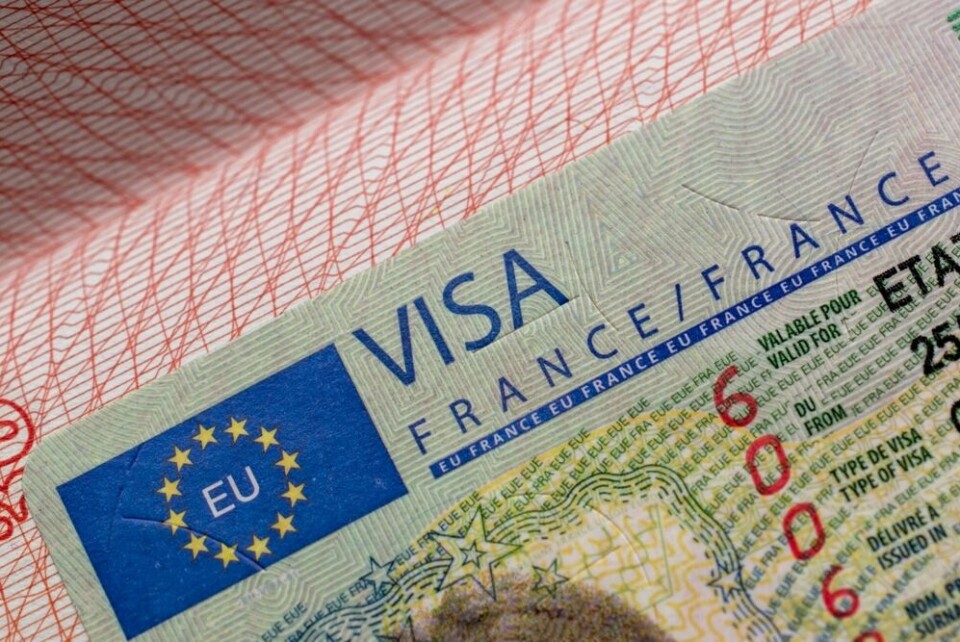-
Explained: French civic tests for residency and citizenship
Cultural sessions now offered to newcomers undergoing the Contrat d’intégration républicaine (CIR) process via the Ofii immigration service
-
Five-year WA card holders in France reminded to apply for renewal in good time
If you obtained your card in 2021, you should apply to renew it two months before the expiry date
-
Can you offer rentals in France when staying on visitor visa?
There are different thresholds for rentals before they are deemed as ‘professional income’
Can I delay the start date of my one-year French visa?
Visas may need to be validated after certain time but this is not linked to the start date

Reader Question: I have been granted a one-year visa (VLS-TS) set to start in February, but because of unforeseen issues my husband and I will not be able to arrive in France until April. Will this cause problems with validating it? Can we delay when it starts?
If you have already received your visa, it is not usually possible to to change the information on the visa sticker in your passport, and the rights granted to you.
The visa will have a beginning and end date and we have not heard of any situations where this has been changed after being granted.
It may have been possible to cancel, and thus reapply giving a later date, at an early stage, i.e. before handing over your passport for processing.
However, even if you do not arrive exactly when your visa begins, this will not affect your ability to validate your visa.
Arrival date, not visa date, is important
To validate a one-year VLS-TS you will need to apply online here.
The French government’s visa website states that this must be done “within three months of arriving in France,” and not three months after your visa begins.
Furthermore, alongside proof of your visa, you must also show proof of the date you arrived in France when applying – this means that even if you do not come to France as soon as your visa begins, you will still have time to validate it.
This counts from the date you first arrive in France after the visa begins.
Within the first three months of arriving, you can leave and come back as often as you wish, but you must validate the visa within this three month period.
You can read more about validating a VLS-TS visa in our article below.
Read more: How do you validate a VLS-TS visa when coming to France?
Validating the VLS-TS confirms its status as being equivalent to a residency card.
Note that certain other long-stay visas come with an obligation to apply for an actual residency card; this must be done within two months of your arrival, however again the date in question is your first entry into France after the visa is granted, not the date the visa begins.
Can we stay on longer after the visa ends?
People on a VLS-TS wanting to stay on indefinitely in France must apply for a residency card in the two months before the visa expires.
If you decide not to do so, the question arises as to whether you may extend your stay a little under the EU’s rule of ‘up to 90 days in the Schengen area in any rolling 180-day period’.
France’s border police have previously confirmed this to us that this is possible – because time in France on a visa should not be counted in the ‘90 days’ – but there have been reports of contrary information being given by workers at TLS-Contact, the contractors for the French consulate in the UK.
One visa expert we interviewed advised caution, saying it is hard to obtain clear rules on this from French officials, and to avoid questions at the border it may be better to leave France within the visa validity period.
Related articles
Rules for visiting UK from France with validated VLS-TS visitor visa
What changes in France in 2024 for residency rights and border control
























